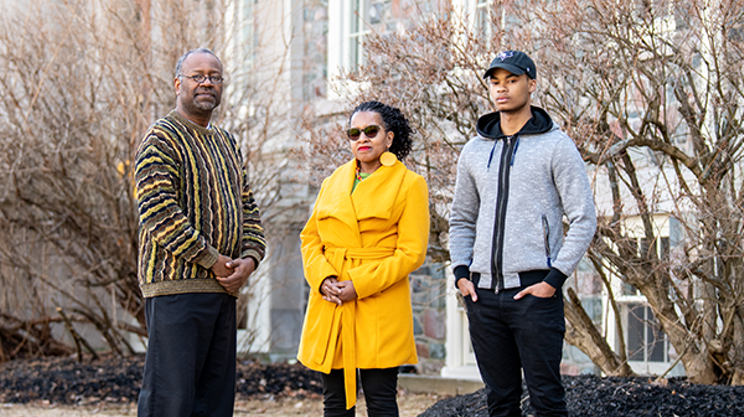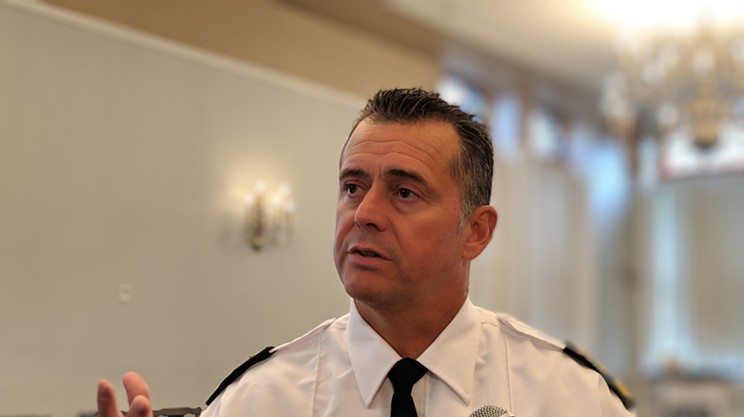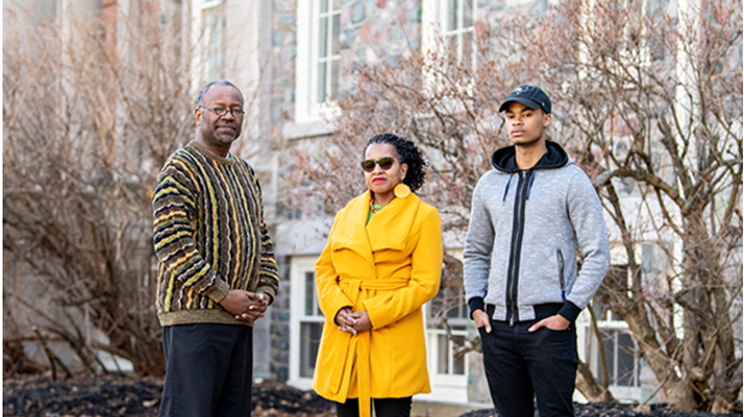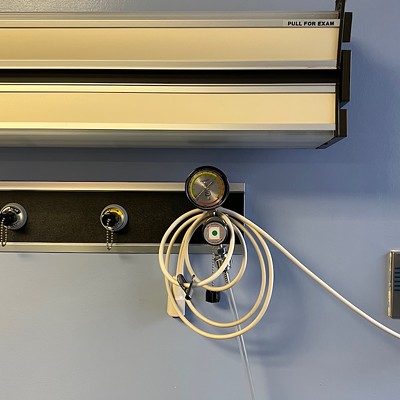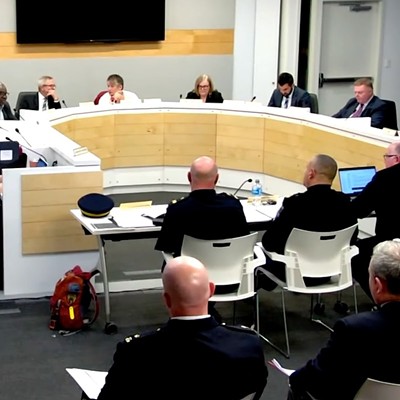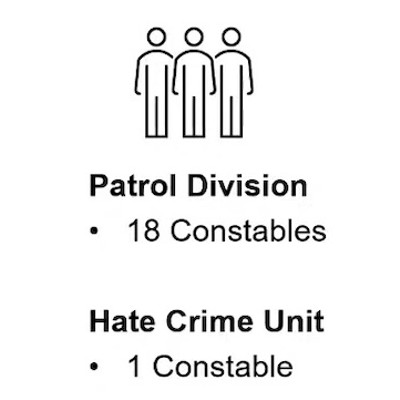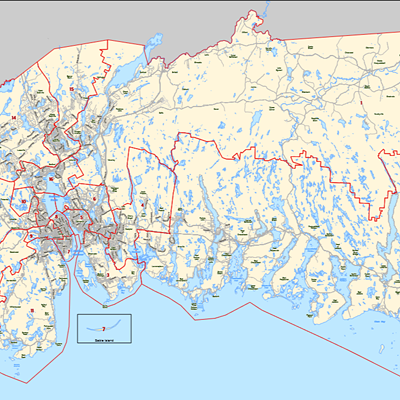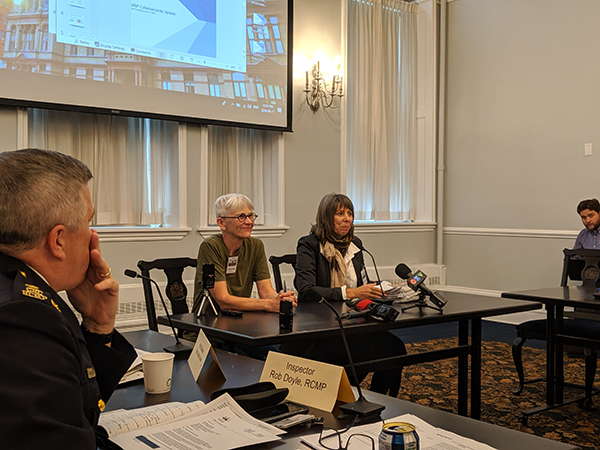
I t's been a busy few months for the Halifax board of police commissioners, and its last meeting saw its first ever presentation from members of the public. The Halifax Coalition To Ban Street Checks presented a petition with 3,551—and counting—signatures from the community calling for a ban on street checks.
In her address, organizer Nancy Hunter says some of the response she's seeing to Scot Wortley's street check report feels like more of the same maritime tradition of racism denial. To counteract this, she and a group of Nova Scotians have started the petition and will present it to the legislature when it resumes sitting again in the fall. The petition states that street checks have been found to be racist, disproportionally targeting the African Nova Scotian community and cause "serious and far-reaching harm" to Black people.
Hunter adds that the practice has been "deemed unnecessary" and, looking RCMP inspector Robert Doyle in the eye, "the police already have all the tools they need to conduct their work."
In April, the board of police commissioners passed a motion recommending that a moratorium be put on street checks, pending the development of a provincial policy—which is currently underway.
At the last meeting the board wrote a letter to the Nova Scotia Human Rights Commission requesting their support in answering whether street checks are legal or not, which "needs to be addressed before meaningful progress can be made toward addressing Dr. Wortley's options and recommendations."
At Monday's meeting, the board saw NSHRC's CEO Christine Hanson's response advising that Michael MacDonald, the former chief justice of the Nova Scotia appeals court, will take on the task. They'll work in the coming weeks to outline terms of reference for the legal opinion.
Commissioner Carlos Beals says it's important this work includes the body of work and findings that came out of the Wortley report. "If you look at this policy in terms of black and white whether or not it's legal or illegal," says Beals, "the law states that carding [street checks] should be done without bias. Now that's basically wishful thinking.
"The minute you put this policy in the hands of humans, the hands of people—and this is where that data comes in—this is where I think people need to understand that this policy becomes racist."
At the meeting, acting police chief Robin McNeil answered questions surrounding HRP's plan—as per the board's request following the Wortley report recommendation—for retention of street check data. The draft policy would see street-check records collected between 2005 and 2019 purged by December 2020, except those deemed necessary and stripped of identifying data. A secondary policy will be needed for what to do with street check data moving forward if the moratorium is lifted and a regulated policy is put in place.



